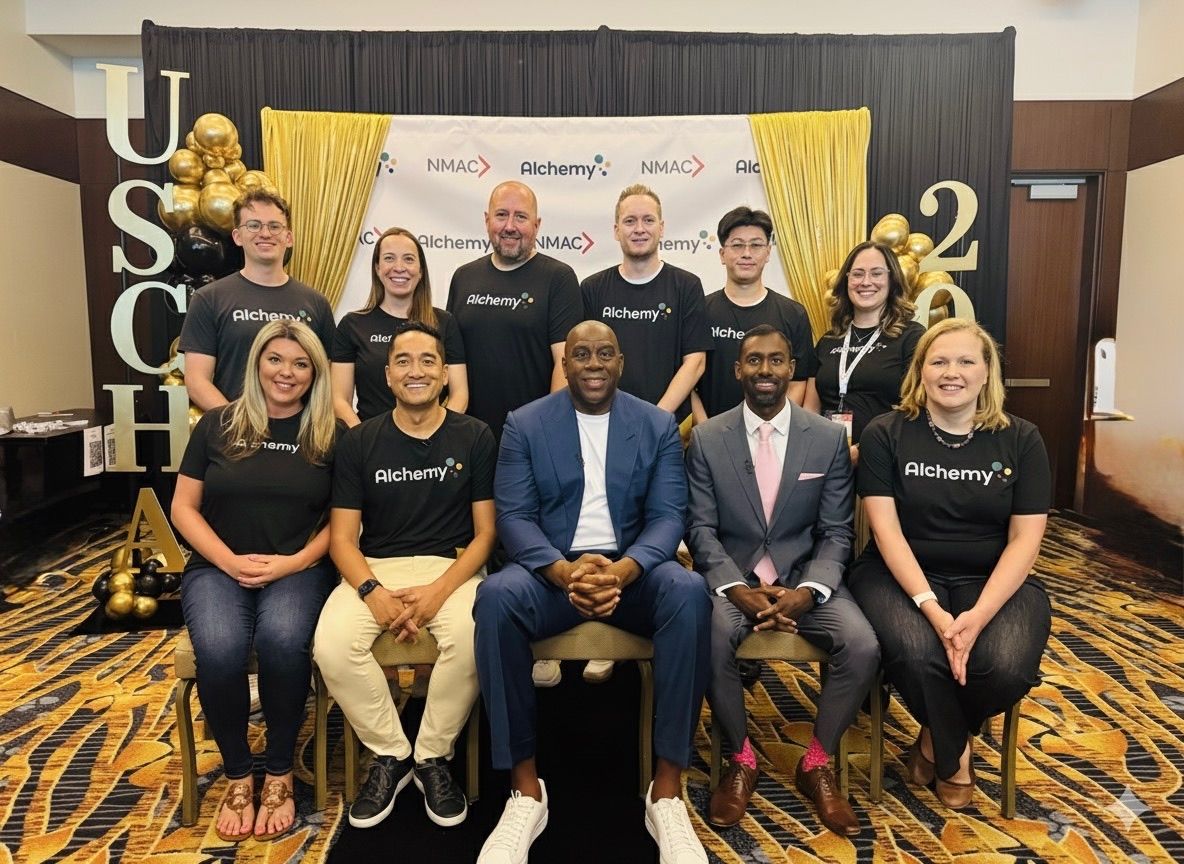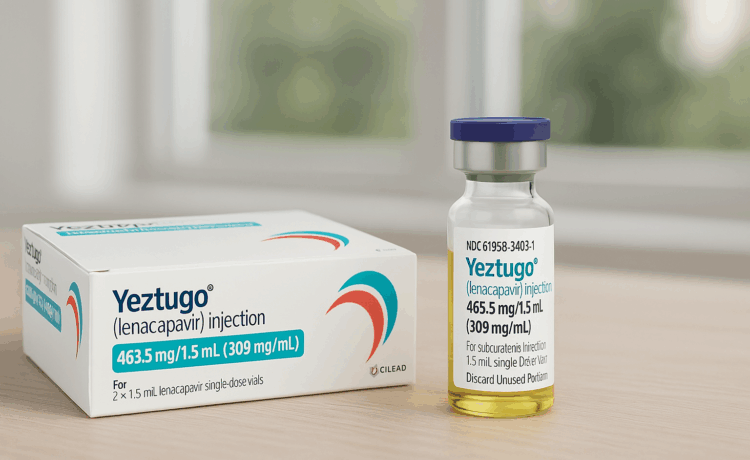In June the FDA approved Lenacapavir for PrEP under the brand name Yeztugo. Clinical trials showed that the twice-annual injectable reduces the risk of HIV infection by 99.9%. This is an important step forward in our fight to end HIV. By requiring only two injections per year after initiation, Yeztugo reduces the need for daily medication, frequent testing, and clinic visits. This can help lower barriers to adherence and make prevention more accessible for patients who face challenges with other options.
After working to get included in Gilead’s limited distribution network, our pharmacies were able to begin dispensing Yeztugo immediately upon FDA approval. And in these first few months of implementation our pharmacy teams have been on the frontlines of the rollout at STD, Ryan White, and FQHCs across the country. To date we've dispensed 44 Yeztugo prescriptions, seemingly each with their own unique pathway to approval.
During that time we've been documenting lessons learned from across our pharmacy network about adoption, insurance processes, and patient experience. We share these lessons today to add to the broader discussion and knowledge base of the HIV community about how to expedite and improve adoption of long-acting injectables for PrEP.
Patient qualification
The first step is understanding what insurers require for a patient to qualify for Yeztugo. Most plans will only approve Yeztugo if the patient has already tried other PrEP options and could not continue them. For cisgender men and transgender women, insurers usually expect documented trials of Truvada (brand or generic), Descovy, and Apretude. For cisgender women, insurers generally require prior use of Truvada and Apretude since Descovy is not approved for this group.
Providers must clearly document that the patient did not tolerate these other options or had significant adherence problems. Detailed notes explaining which medications were tried and why they were stopped make prior authorizations more likely to succeed. As Katie Carnes, PharmD, Alchemy's Pharmacist in Charge at UnityRx, explained, "The biggest thing we encounter when trying to do prior authorizations is lack of documentation. As long as notes reflect previous trials and reasons for discontinuation, approvals are much more likely."
Insurance approvals
In these early months of implementation two interrelated processes are driving patient access: when and how frequently insurers update their formularies, and prior authorization processes.
Formulary updates determine whether Yeztugo even appears as a covered drug. And timing varies widely. Some insurers, such as Blue Cross Blue Shield, only update their formularies twice a year, which can delay coverage for months after FDA approval. Others update quarterly and may add new therapies sooner.
Even when a PBM has added Yeztugo to its formulary, approvals and coverage remain unpredictable. Prior authorization is almost always required, and implementation is not yet uniform. We have seen situations where the same PBM approves Yeztugo at one clinic and denies it at another. Some sites report that tablets are approved while injections are denied, while others see the opposite. Pharmacies have even obtained approvals on plans that publicly state the drug is excluded. In yet other cases, claims have been approved and then reversed because the PBM initially processed them under Lenacapvir’s HIV treatment indication (brand name Sunlenca). To date we've seen a Yeztugo prior authorization approval rate of 35-40%. We anticipate this will continue to improve as more PBMs add the medication to their formularies, and authorization processes become more consistent.
The practical implication is that as these kinks are ironed out, we recommend that providers write scripts for all potentially eligible patients, and that pharmacists submit a claim and begin the prior authorization process regardless of prior approvals or denials from the same PBM or plan.
Patient experience
Patients have shown strong interest in Yeztugo from the start. Some called their clinics as soon as FDA approval was announced to ask how to begin treatment. Most early adopters have been patients already on PrEP, especially those switching from Apretude who wanted an option with fewer clinic visits. Pharmacists report that patients who have received Yeztugo are "thrilled with it" and appreciate the convenience of only two injections per year once therapy is established.
The rollout of Yeztugo highlights one of the real benefits of having an in-house pharmacy: improved provider-pharmacist coordination. Because the medication requires prior authorization and must be administered by a provider in the clinic, the pharmacy and clinical teams need to work in lockstep from the moment the prescription is written. The pharmacy verifies benefits and secures authorization for both the lead-in tablets and the injection. Only once approval is received should the clinic schedule the injection visit so a provider is ready to administer the dose and the medication is on hand. When the pharmacy is on site, pharmacists and providers can share updates in real time and move directly from authorization to dispensing and scheduling—coordination that is far more difficult to achieve when prescriptions are sent to an outside pharmacy.
These first few months have shown both the promise of Yeztugo and the practical steps needed to make it accessible to patients. The lessons we are learning about qualification, insurance navigation, and patient support will help accelerate access as long-acting PrEP becomes more widely available. Alchemy will continue to share these insights and partner with clinics so that every community can benefit from the next generation of HIV prevention.





.jpeg)

